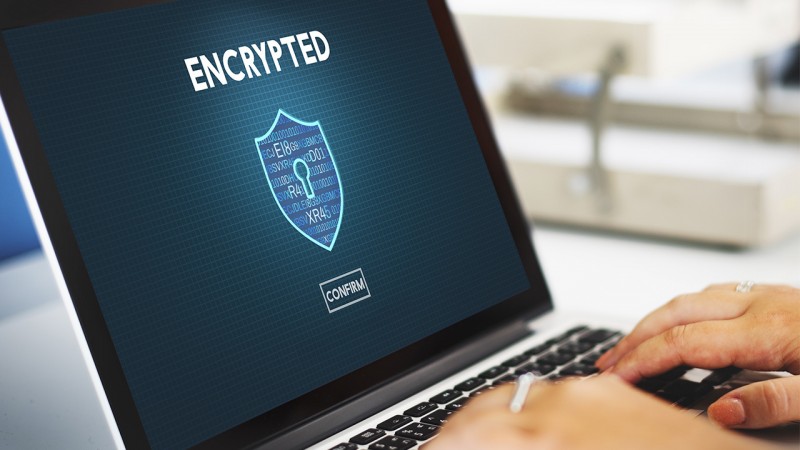
In an age where cyber threats are prevalent, securing sensitive data on your computer or mobile device is of utmost importance. Encryption is a powerful tool that can safeguard your data from unauthorized access and ensure your privacy. In this article, we'll explore how to encrypt sensitive data on your computer or mobile device, providing an extra layer of protection against potential data breaches.
1. Understand the Importance of Encryption
Encryption is the process of converting data into a code to prevent unauthorized access. It ensures that even if someone gains access to your device, they cannot view your sensitive information without the encryption key.
2. Use Full Disk Encryption
Enable full disk encryption on your computer or mobile device. For computers, tools like BitLocker (Windows) or FileVault (macOS) provide full disk encryption. On mobile devices, Android and iOS offer built-in encryption options.
3. Utilize Secure Messaging Apps
When sharing sensitive information, use secure messaging apps that offer end-to-end encryption. These apps ensure that only the intended recipient can access the data.
4. Encrypt Cloud Storage
If you store sensitive data in the cloud, choose cloud storage providers that offer encryption. Additionally, consider encrypting your files before uploading them to the cloud.
5. Use Strong Passwords or Biometric Authentication
Use strong, unique passwords for your devices and encryption keys. Alternatively, opt for biometric authentication methods like fingerprint or facial recognition for added security.
6. Be Cautious with Public Wi-Fi
Avoid accessing sensitive data when connected to public Wi-Fi networks. Public Wi-Fi is susceptible to eavesdropping, and using encryption can help mitigate this risk.
7. Keep Software Updated
Regularly update your operating system and encryption software to ensure you have the latest security patches and features.
8. Create Backups
Always create backups of your encrypted data. In the event of a device failure or lost encryption key, having a backup ensures you don't lose access to your important information.
9. Educate Yourself
Stay informed about encryption best practices and security trends. Educate yourself on the various encryption methods available and their effectiveness.
10. Test Your Encryption
Periodically test your encryption setup to ensure it's working as intended. Verify that your sensitive data remains inaccessible without the encryption key. Encrypting sensitive data on your computer or mobile device is a proactive step in safeguarding your privacy and protecting your information from cyber threats. By implementing encryption tools and following security best practices, you can ensure that your data remains secure and confidential, even in the face of potential attacks.
How to optimize your website for better search engine rankings ?
How to Use Virtual Reality (VR) Technology for Gaming
Check Out the Ideal Sunday Routine to Prevent Monday Depression